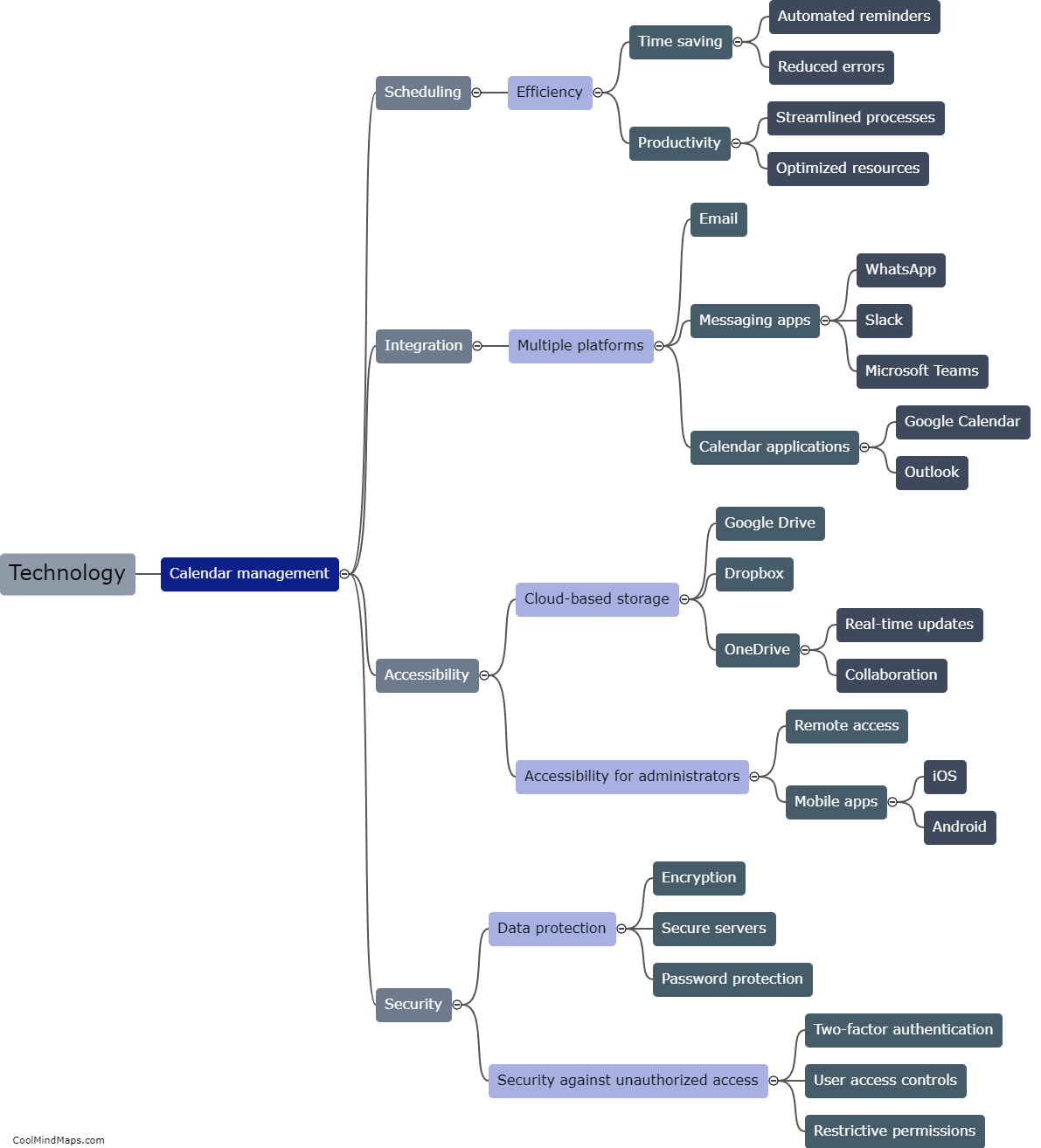How does common law differ from equity?
Common law and equity are two distinct legal systems within the English legal tradition. While common law refers to the body of laws developed over time through court decisions, equity is a branch of law that developed alongside common law to address fairness and justice in cases where the application of strict legal rules would lead to an unjust outcome. Unlike common law, equity is not bound by precedent and allows judges to exercise discretion and apply principles such as fairness, conscience, and good faith. Common law focuses on remedies primarily in the form of damages, while equity offers a broader range of remedies, including injunctions, specific performance, and restitution. Although common law and equity have historically been administered by separate courts, today they are integrated into a single court system in many jurisdictions.

This mind map was published on 8 November 2023 and has been viewed 94 times.











